Simple and fast solutions have seemed to be driving home factors when it comes to health and body awareness. But if we’re just shooting for simple and fast, we’re settling for what everyone else is doing, which might not be the best choice for you or your body.
Sometimes, it feels easy to forget that our ancestors relied on the natural world for remedies to various ailments through herbal medicines. By utilizing these many plants and herbs in our daily lives, we also can tap into centuries of wisdom and create a natural medicinal cabinet right within our living spaces, whether we’re foraging just like hundreds of years ago, picking plants from our vegetable garden, or purchasing them raw.
These 10 medicinal plants and herbs have multifaceted usage so you can make them a base ingredient for everything from cleaners to soaps to smoothies to teas.
What are the top 10 medicinal plants and herbs for your home?
Here’s a quick peek at the top 10 plants and herbs we’ll be going over:
1. Dandelion
2. Goldenrod
3. Ginger root
4. Turmeric
5. Garlic
6. Elderberry
7. Ashwagandha
8. Lion’s mane
9. Calendula
10. Lavender
There are so many medicinal herbs and plants that are magical in their own way, so on top of detailing the deep medicinal properties of each of these healing plants below, we’ve also crafted this list of the plants and herbs based on ease of accessibility and trustworthiness of brands you could purchase these herbs from.
1. Dandelion

Think twice the next time you’d like to pick up and toss away a dandelion, as their benefits are as fruitful and luscious as their bright yellow glow. Dandelions are typically either seen as their luminescent little bright sun rays or as white, wishable pockets of fluff after they’ve bloomed. Some say that dandelions represent the sun as the bright yellow bloom, the moon as their fluffy white counterpart, and the blown seeds as the stars.
This beautiful plant offers benefits from all parts— its leaves, flowers, buds, and roots.
Dandelion leaves can be dried and placed into teas to help with digestion.
Dandelion flowers can be used as an immune booster and antioxidant, even being used in fun recipes like dandelion fritters.
Dandelion roots help with gut health, particularly when they’re put in teas.
Here are some delectable dandelion finds:
- Specialized teas
- Herbs and supplements
- Herbs in bulk
Dandys are great for homeowners who can make the choice to keep dandelions from naturally popping up in their space, as you can utilize every single part for a unique health benefit.
2. Goldenrod
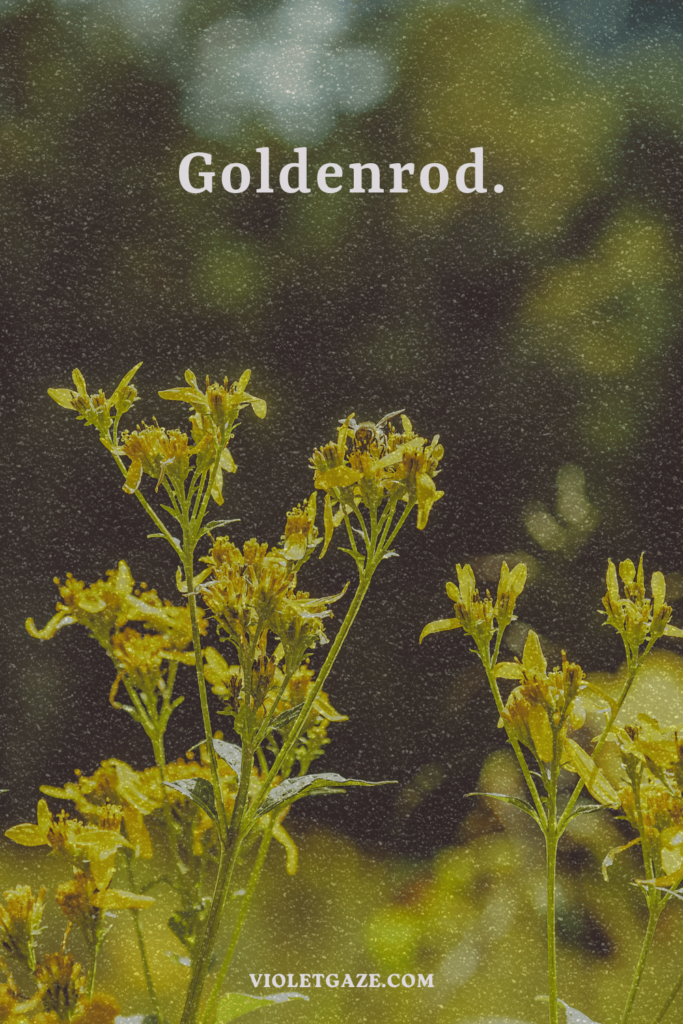
Its luminescent flowers might make it seem like spring allergies are impending, but goldenrod’s natural remedy helps combat seasonal allergies, inflammation, cold symptoms, and sinus infections, taken as a tea, tincture, glycerite, or even all three! You’re just as likely to find goldenrods hidden in woodlands and swamps as you are to find them roadside.
While the flowers are probably the most common use, you can also use the leaves and the roots of this plant to help with everything from inflammation to kidney stones. Some of its natural healing properties:
Remedy seasonal allergies with a strong tea or tincture.
Boost your antioxidant levels with a goldenrod tincture or

Introduce your home to goldenrod through:
- Goldenrod mouth gargle
- Dried goldenrod for allergy tea
- Goldenrod extract
3. Ginger Root
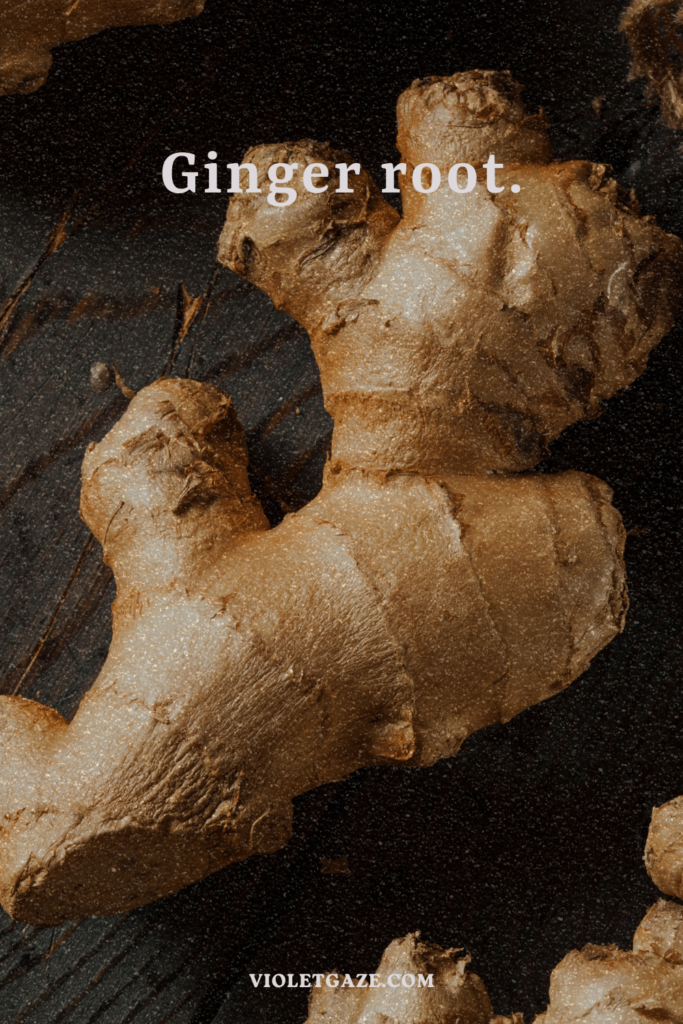
You might be used to seeing a ginger sliver on your sushi plate, but it’s far more than simply a palette cleanser. Ginger helps with digestive problems, settles upset stomachs (the reason why you might have been offered Ginger Ale when you were sick), and eliminates gas and bloating, helping to settle the stomach naturally.
This root is probably best known for being the peacekeeper for the stomach, an alkaline that helps relieve symptoms of acid reflux and even helps kill off fungus— a study showed that ginger extract helped fend off candida overgrowth in the mouth. You can use ginger to:
Create a sugar-less ginger ale to settle an upset stomach
Ground and make into a bacteria-fighting tea
Eat after your food to settle your stomach
Infuse your home with a refreshing ripple of ginger through:
4. Turmeric
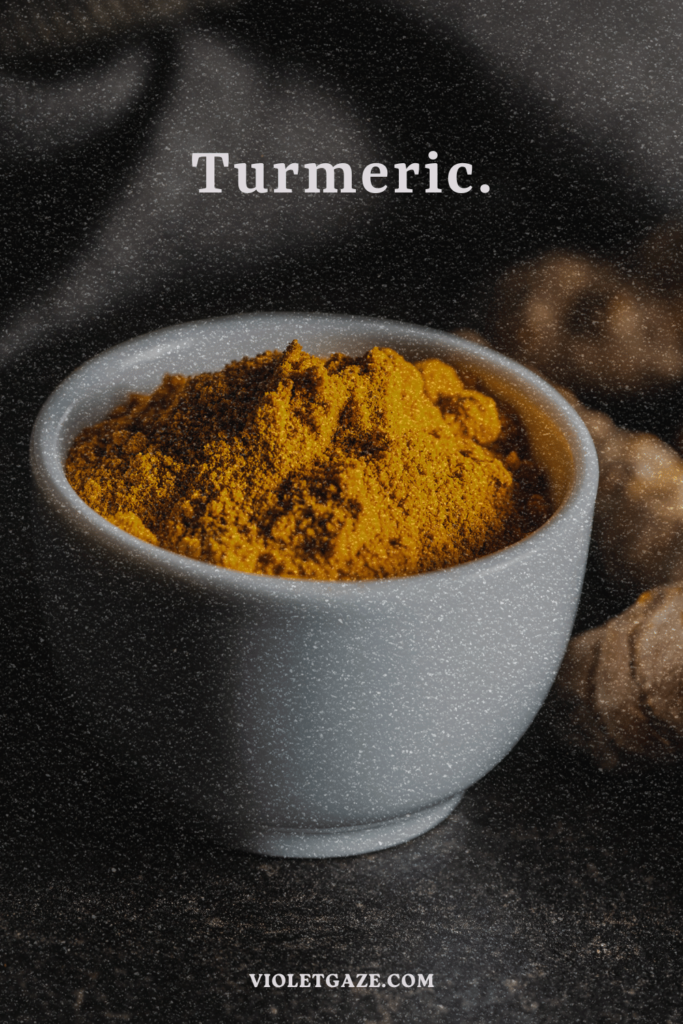
This bright yellow and bitter, earthy-tasting plant is used in herbs, cooking, remedies, coloring and dyeing, to name a few. That rich color that seems to get all over everything it touches? That’s Curcumin, knowns for its anti-inflammatory properties and antioxidant agent. Turmeric is provided to help digest problems, and joint pain, and Curcumin is for memory and mood. Use turmeric to:
make hearty, antioxidant-rich foods

put in a warming, earthy tea alongside some sweet honey
Bring turmeric into the equation for anti-inflammation and one of the deepest, richest colors you’ve ever seen in a food:
5. Garlic
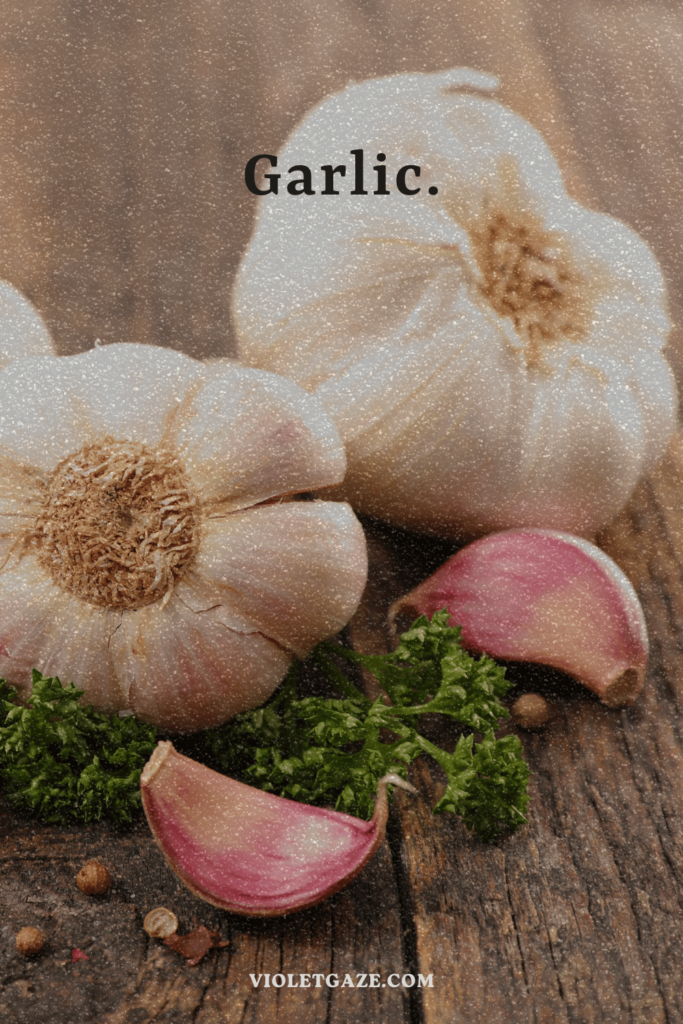
You might not want to smell garlic on someone else, but as a culinary herb, garlic’s pungent scent brings some powerful healing qualities with it. One of garlic’s principal compounds, allicin, is what gives it that signature scent (and sometimes bad breath!) as well as its antioxidant and anti-inflammatory agents to boot. Ajoene, another compound, helps in reducing high blood pressure and cholesterol levels, while S-allyl cysteine is thought to protect the heart and the liver. It’s been used as a traditional medicine in China to prevent obesity, inflammation, and cardiovascular problems as its diverse bioactive compounds create a beautiful array of healing benefits. You can use garlic:
in cooking to enhance flavors
as an antioxidative syrup
as a powder to add to foods or to take as a supplementation
Garlicify your home with:
- Garlic extract
- Organic garlic powder
- Fresh garlic for cooking!
6. Elderberry

Known for its rich purple hue and sweet, tart flavor, elderberry has been used for centuries in traditional medicine for supporting respiratory infection recovery. Its rich makeup in polyphenols brings its bioactive compounds to life, like anthocyanins and flavonoids which are antioxidants, that help boost the immune system and reduce inflammation, as well as vitamins and minerals like vitamin C, iron, and fiber. Use elderberry at home to make:
Elderberry syrup to top oatmeal, foods, or to create naturally sweet drinks
Elderberry powder to create tinctures, smoothie blends, or even ketchup
Antioxidant-rich berry-full fruit salads
Explore the elderberry lifestyle with:
- An elderberry-full Thrive Market box
- Freeze-dried elderberries
- Elderberry syrup
7. Ashwagandha
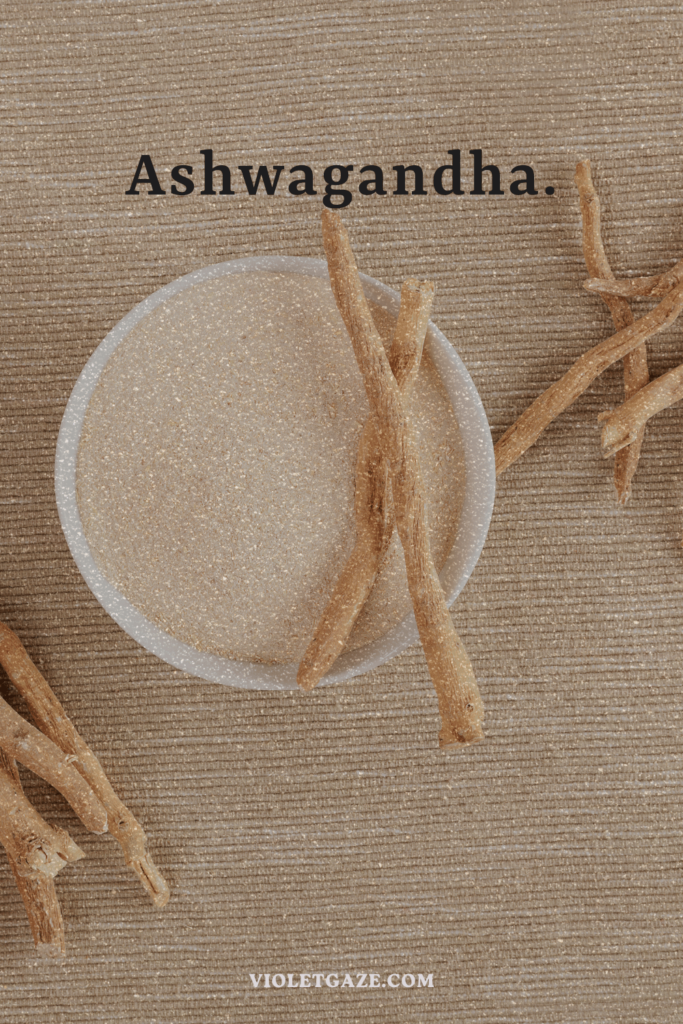
Known for its adaptogenic properties, ashwagandha is known for its ability to destress the body as well as boost energy levels. It’s a nervine tonic, which means that it directly affects the nervous system; ashwagandha specifically boosts the overall nervous system by enhancing a being’s ability to undergo stress without flailing as easily. A National Library of Medicine study outlines its effectiveness in boosting stamina while preventing overstress. Use ashwagandha to make:
calming ashwagandha oil
ashwagandha tea
calming smoothies
Detress with ashwagandha through:
8. Lion’s Mane
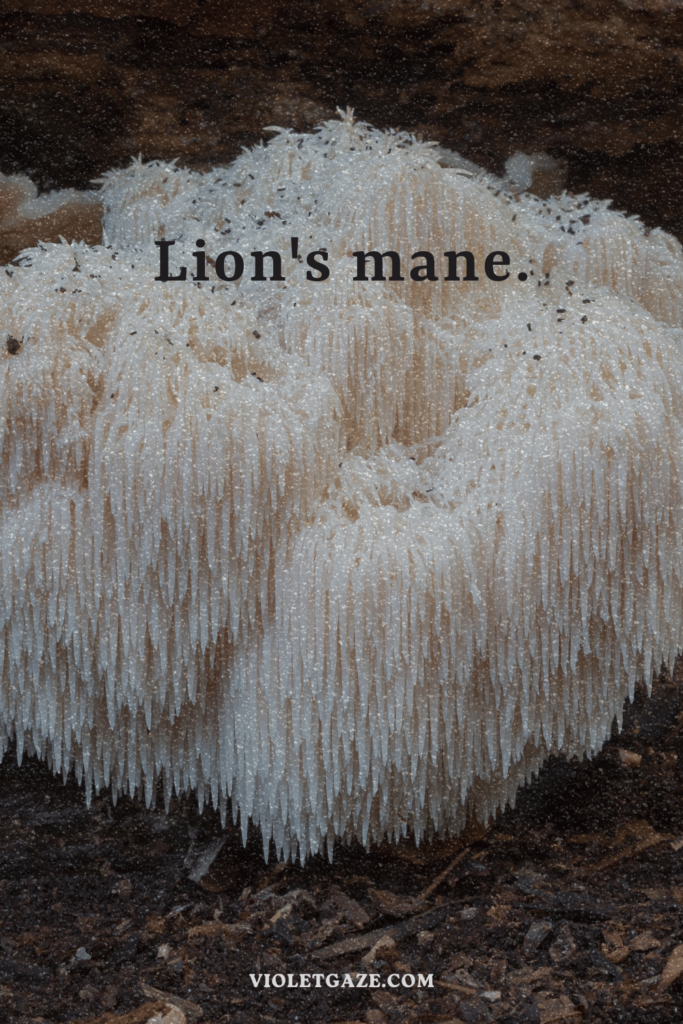
Okay, not technically a plant, and not technically an herb, but this mushroom had to be put on this list. Lion’s mane is a natural nootropic and medicinal herb that is meant to help cognitive wellness and brain function. Lion’s mane in particular is great for:



Encapsulating lion’s mane into your daily routine might look like:
9. Calendula

This flowering plant, Calendula Officinalis is a member of the daisy family and has bright orange and yellow petals and is often used dried in herbal remedies dried, blooming with the calendar (hence, where it got its name!). Calendula is actually a type of marigold called the pot marigold, used both internally and topically to take advantage of its wide array of health and medicinal benefits.
Calendula’s natural remedy includes:
anti-inflammation

eases muscle spasms
To utilize calendula’s many health benefits, include it in your home through:
- Calendula lotion
- Calendula tea
- Calendula yoni steam blend
10. Lavender
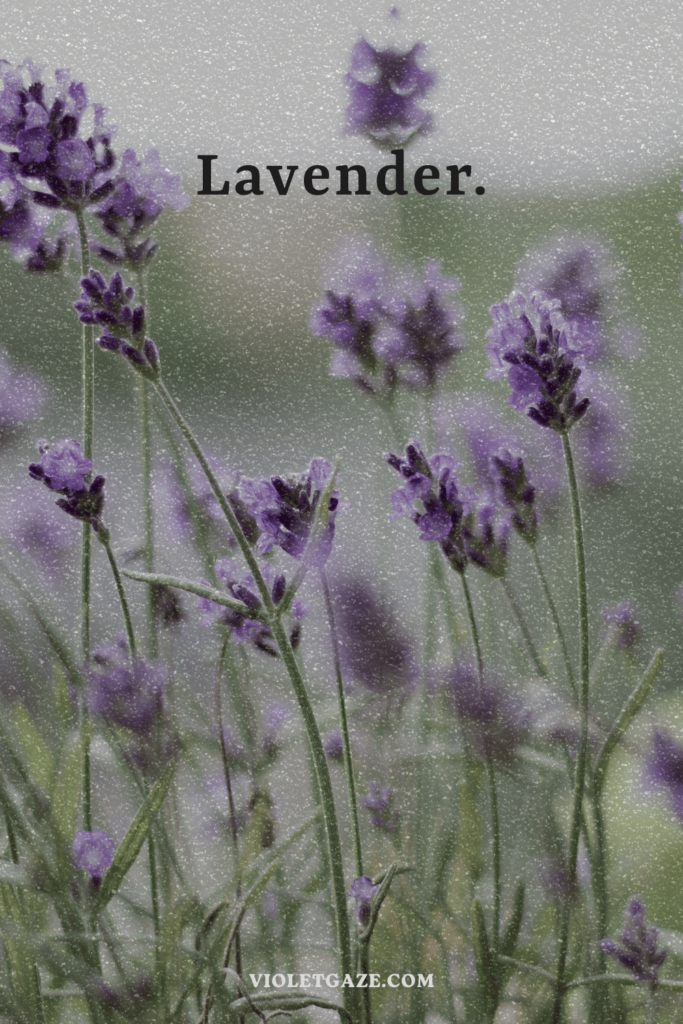
A flowering plant in the mint plants family along with basil, thyme and rosemary, you’re probably smelling lavender in spas, in lotions, and in aromatherapy and oil diffusers, known to be a deliciously relaxing scent. Sipping lavender team could make you feel a more calmed and refreshed version of yourself.
Most nuisance insects hate it, while helpful bugs like bees and butterflies are drawn to it, growing herbs in your herb garden is that much easier to maintain with a friendly plant like lavender.
Lavender’s health benefits include:
calms the nervous system
antibacterial properties
antifungal
Distill relaxing lavender in your home through:
- Lavender essential oil for your bedroom diffuser
- Lavender pillow spray (use lavender essential oil for this, too!)
- Dr. Bronner’s lavender soap
Even more herbs…
The naturally beautiful effects of these medicinal plants and herbs certainly don’t stop at this list!
Instilling herbal medicine into your home apothecary and encouraging a plant-based or herb-based diet will only help you uncover new and natural ways to introduce more foods from Mother Nature into your lifestyle, benefiting your health as well as the health of Mother Nature.
Paragraph
Paragraph
Paragraph
This post may contain affiliate links, which means we'll receive a commission if you purchase through our link, at no extra cost to you.
Paragraph
Paragraph
Paragraph
Paragraph
Paragraph
Paragraph
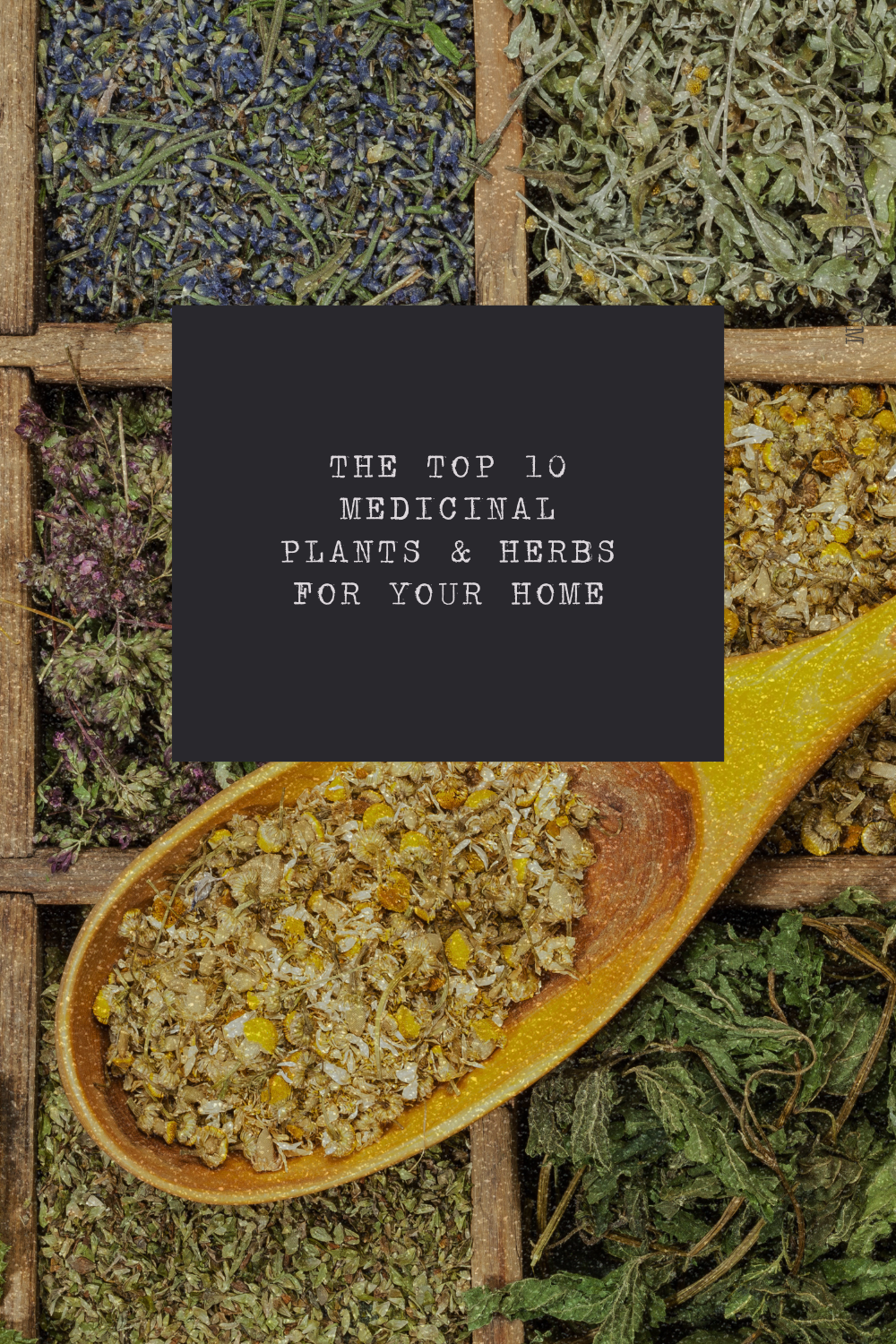



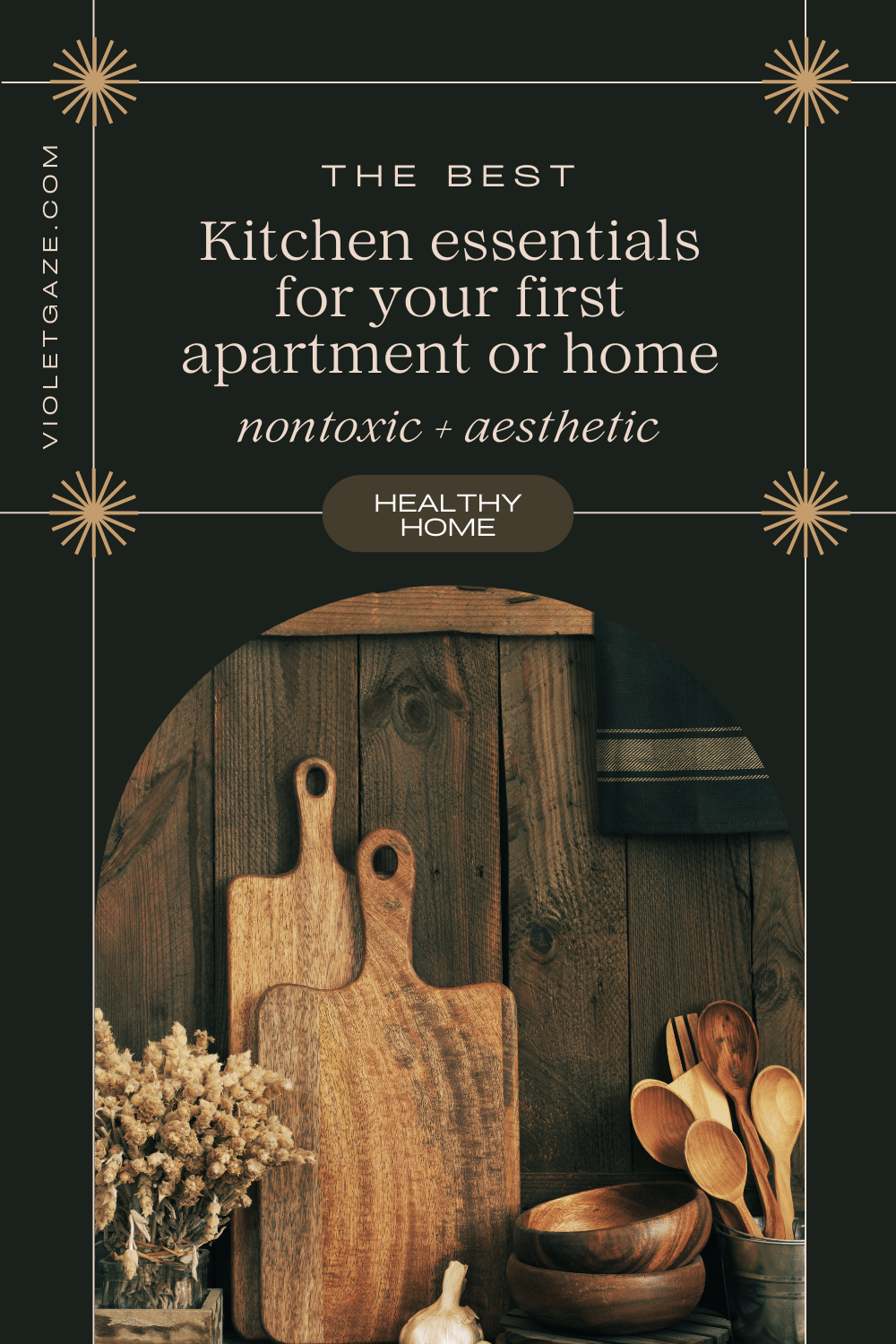
the top 10 medicinal plants & herbs for your home
VIEW COMMENTS